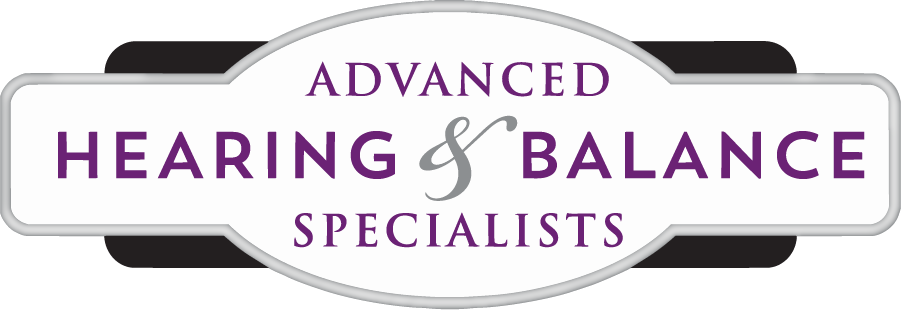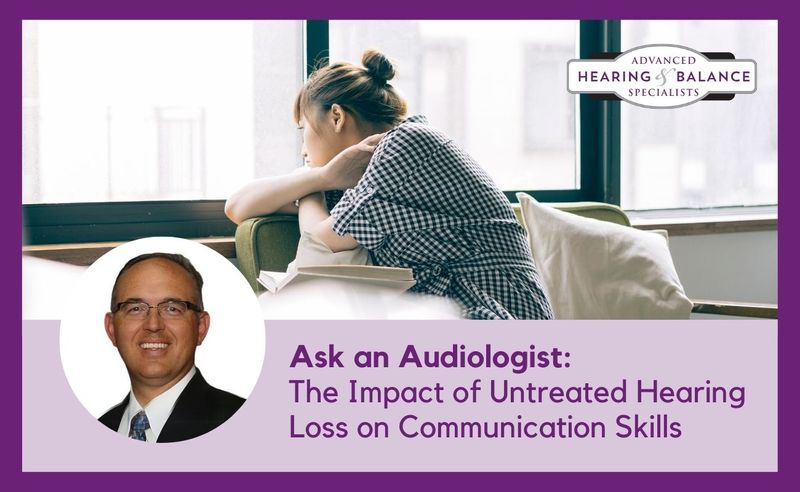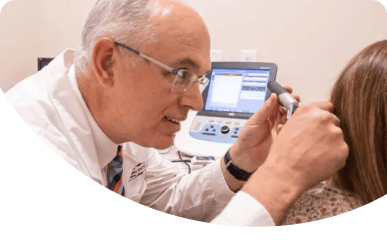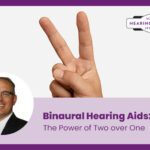Untreated hearing loss can have a significant impact on our communication skills, affecting both the clarity of speech and our ability to understand others. When we face difficulties with hearing, it hinders our access to the subtle nuances of conversation, like tone and inflection, which are crucial for interpreting meaning. Our capacity to participate in conversations can decline, which may lead to social isolation and affect our overall well-being.
We rely on hearing for more than just perceiving sounds; it plays a vital role in the cognitive processes that support speech and language development. An individual with hearing loss might experience challenges in these areas, influencing not only how they express themselves but also how they are understood by others. Considering these challenges, early detection and management of hearing loss are crucial for maintaining effective communication abilities.
Professional guidance from audiologists can make a substantial difference in managing the effects of hearing loss on communication skills. For instance, timely intervention with hearing aids or cochlear implants, as well as employing strategies to improve communication, can mitigate the impact of hearing loss. It’s imperative for us to recognize the signs of auditory challenges early and seek the proper support to preserve and enhance our speech and language skills.
Impacts of Untreated Hearing Loss on Communication
Untreated hearing loss can significantly hinder our ability to communicate effectively. It affects the clarity of spoken language and our grasp of non-verbal cues, often leading to social withdrawal and increased cognitive burden.
Verbal Communication Challenges
We face considerable challenges in understanding speech when dealing with hearing loss. Conversations can become difficult to follow, especially in noisy environments, leading to frequent misunderstandings or requests for repetition. The relationship between untreated hearing loss and decreased clarity in communication is evident as it affects both the speaker and the listener.
Non-Verbal Communication Struggles
Hearing loss compels us to rely more on visual cues. Although this may lead to an enhanced attention to body language, subtle non-verbal signals are often missed. This reliance on visual cues can still leave gaps in communication due to the loss of auditory social cues.
Social Isolation and Relationships
Our social interactions can deteriorate due to untreated hearing loss. It may cause frustration and embarrassment, fostering a tendency to avoid social settings. This isolation can impact relationships, leading to loneliness and even affecting mental health.
Cognitive Load and Mental Effort
Listening requires a significant amount of brainpower, and hearing loss adds to the cognitive load. The mental effort to decipher speech in the face of hearing loss can be exhausting, making communication physically tiring and impacting concentration and memory retention.
Consequences of Delayed Treatment
Untreated hearing loss can have far-reaching impacts on an individual’s life. We’ll explore not only its progression but also how it can affect professional performance and potentially contribute to cognitive decline.
When hearing loss is not addressed promptly, the auditory system may experience a decline in its ability to process sound, which often results in a worsening of the condition. This deterioration can be exponential, with both ears typically affected equally, leading to significant communication challenges.
Effect on Professional Life
Hearing loss that goes untreated can impair professional communication and productivity. Colleagues and clients may be misunderstood or not heard, which can result in mistakes or missed opportunities. Workplace interactions become strained, and those with untreated hearing loss might find themselves avoiding or withdrawing from social situations, leading to professional isolation.
Link to Cognitive Decline
There’s a well-established connection between untreated hearing loss and cognitive decline. Research suggests that even mild hearing loss can double the risk of dementia, with more severe impairment leading to increasingly higher risks. Hearing loss can lead to decreased cognitive stimulation, potentially accelerating cognitive decline over time.
Reasons to Get Your Hearing Tested
Experiencing hearing loss can profoundly affect our ability to communicate and connect with others. By getting a hearing test, we take the first step towards improving our interactions with family, friends, and colleagues, enhancing our overall quality of life.
Here are some key reasons why we should prioritize hearing tests:
- Early Detection: Identifying hearing loss early can prevent further deterioration of our hearing abilities, safeguarding our communication skills.
- Quality of Life: With better hearing, we can fully engage in conversations, savor the sounds of life, and appreciate shared moments that enrich our daily experiences.
- Relationships: Our connections with loved ones rely on clear communication. Addressing hearing issues helps alleviate the strain on these relationships and maintain intimacy.
- Social Participation: Good hearing allows us to participate confidently in social gatherings, community events, and public discussions, preventing social isolation.
- Professional Success: In the workplace, effective communication is crucial. Hearing well ensures we can contribute to conversations, understand instructions, and work collaboratively.
Audiologists in Utah and Southern Nevada
Advanced Hearing and Balance Solutions connects you to the best audiologists in Utah and Nevada.
By addressing hearing loss with solutions like hearing aids, we can tackle the challenges it poses to our personal and professional lives. These devices not only enhance our ability to hear but also empower us in maintaining the social bonds that define and enrich our existence.
Contact us today to schedule an appointment!





